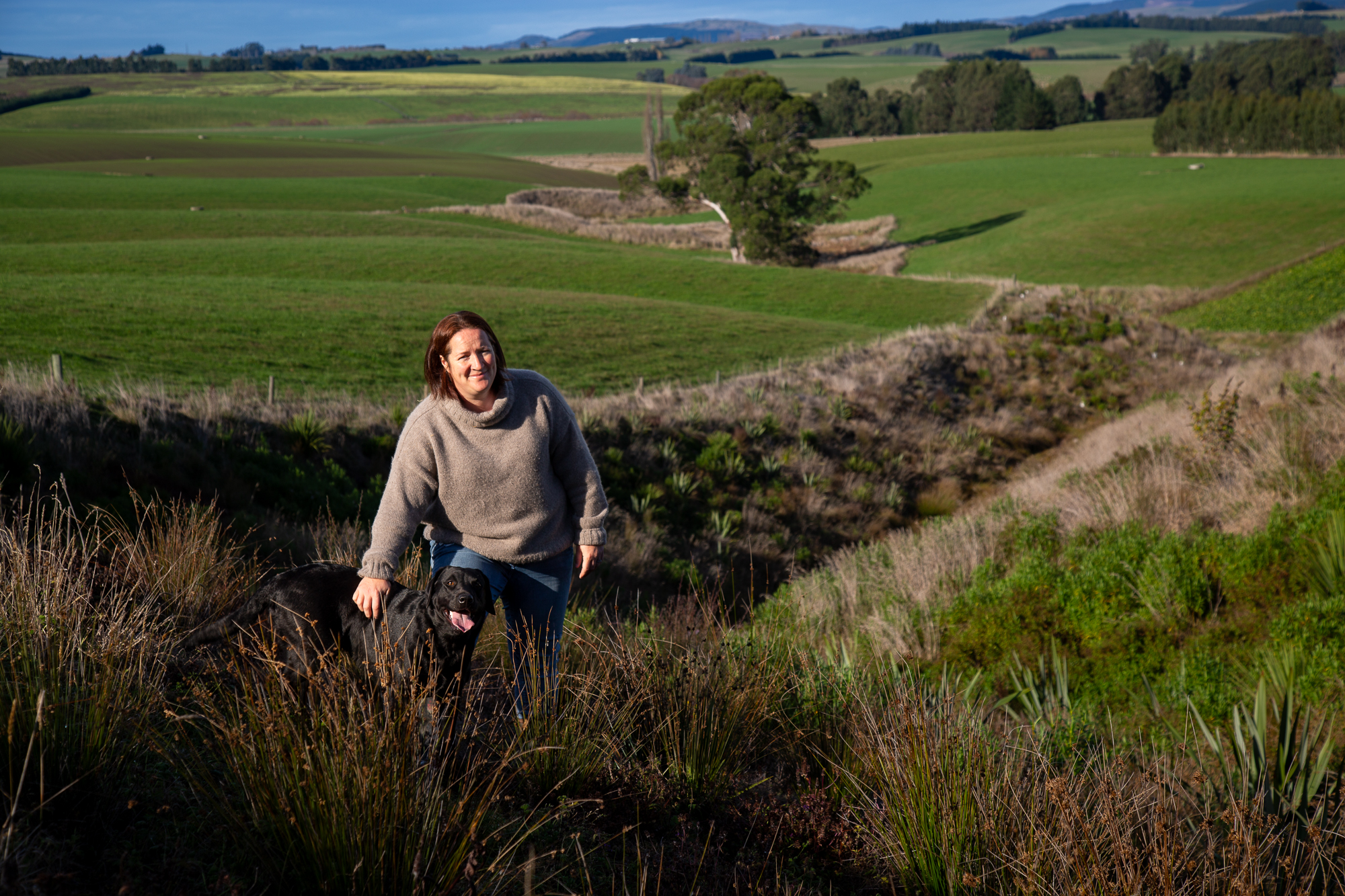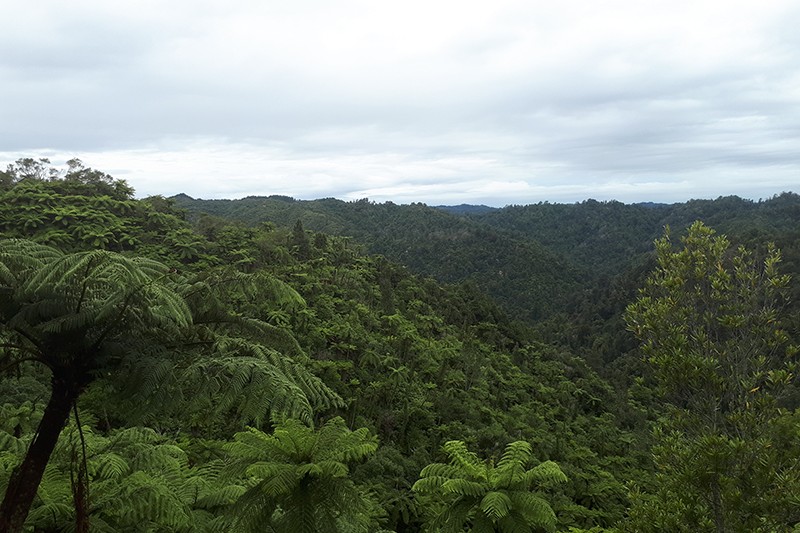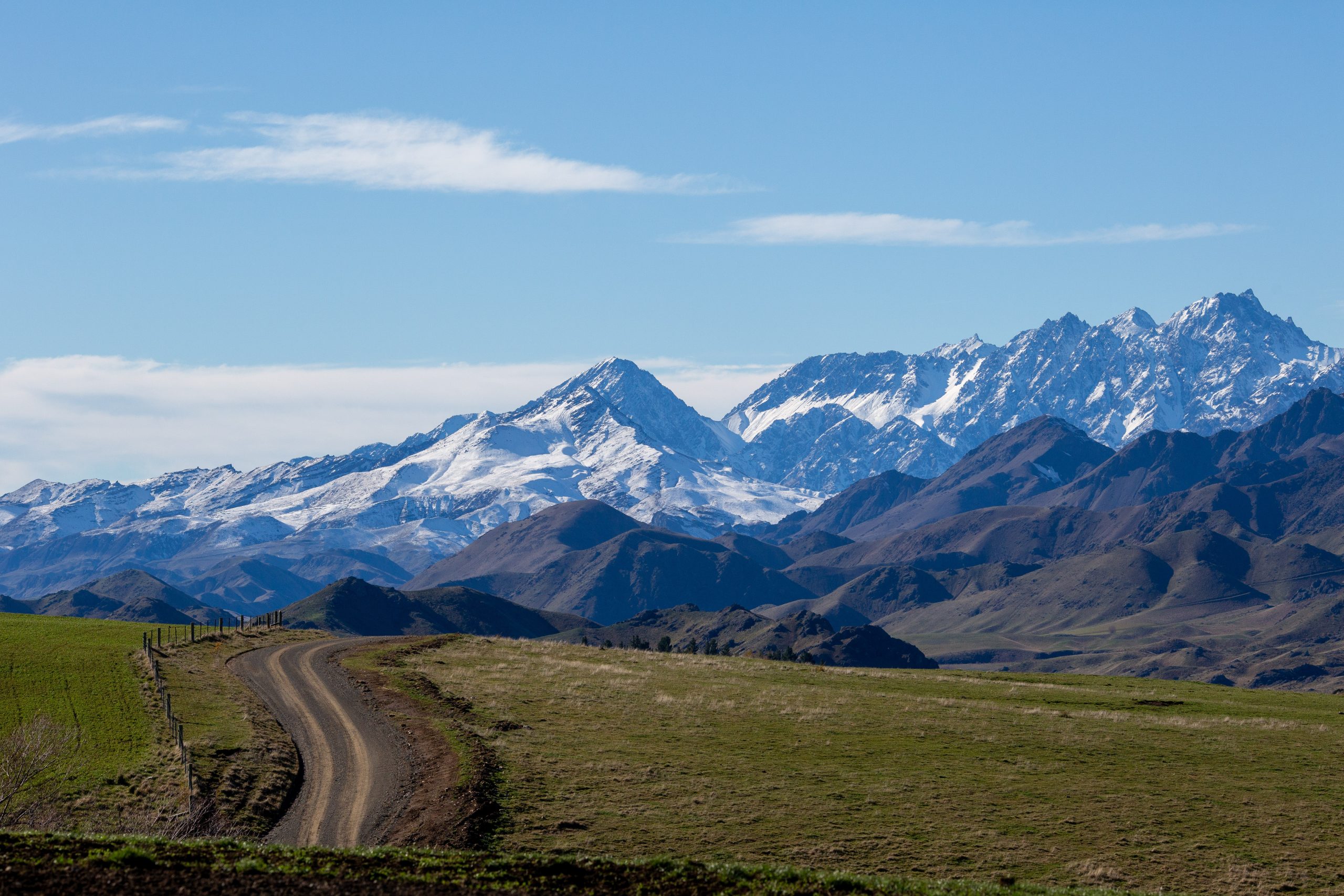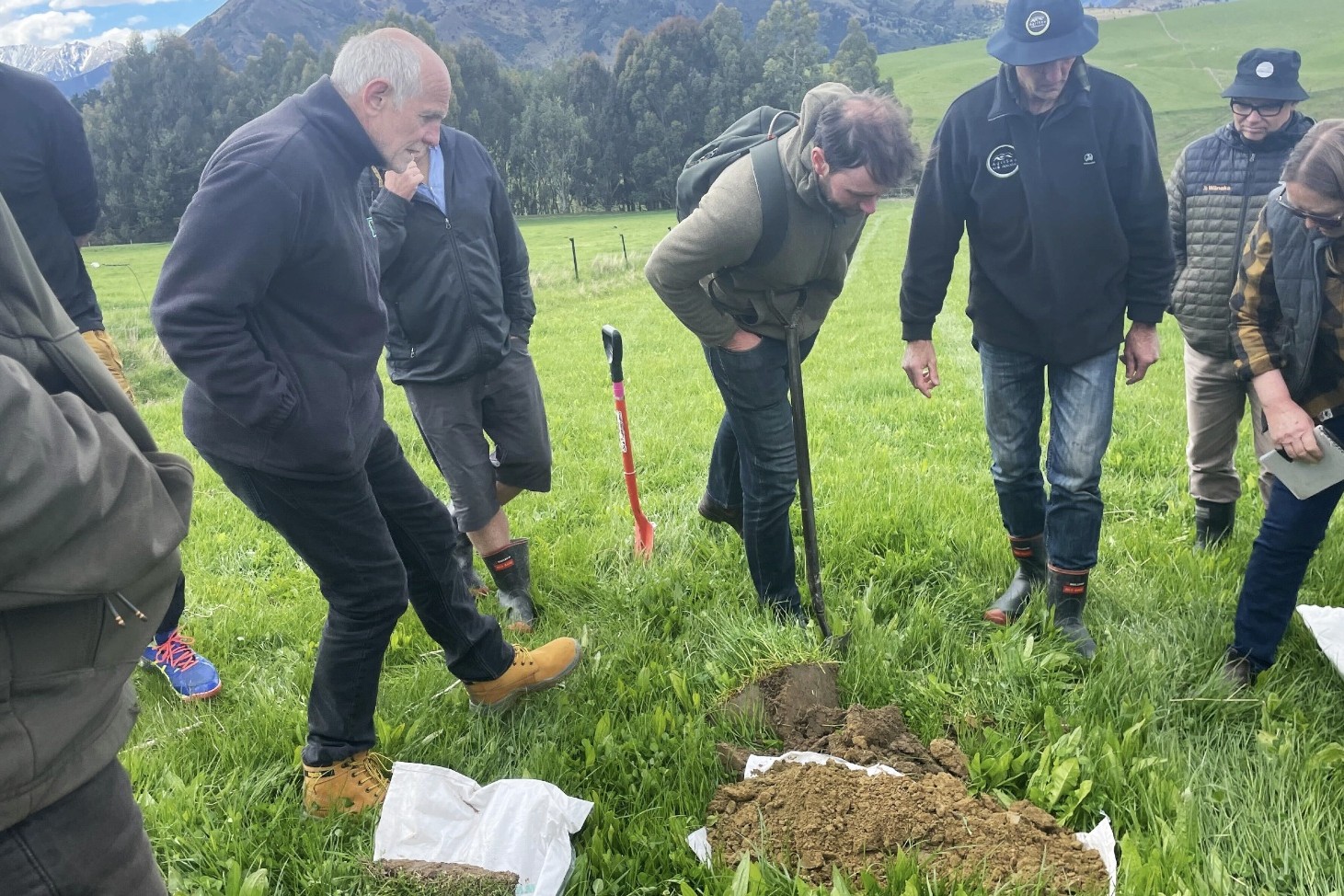Rebecca Harper
National will make changes to the Zero Carbon Act, if elected, and it promises to do it quickly, Agriculture spokesperson Todd Muller says.
The party has committed to making changes to the Bill within the first 100 days in office, if elected, and Muller said there were three key areas to look at.
“The first is that we want to keep food production in the purpose of the Bill. The second is we want the commission to look at the ongoing use of forestry offsets in the Emissions Trading Scheme (ETS) – we need to look at the rules that are encouraging the scale of afforestation.”
‘We should be planting trees because we see the value of a log being harvested, we shouldn’t be planting trees because we think we might win in the future on the carbon market. That’s not being captured.’
Thirdly, National wanted the commission to look at opportunities available to usefully be included around carbon sequestration on-farm.
“At the moment it’s all about what you can’t count, maybe farmers should have more opportunity to offset. There won’t be wholesale changes, but we want to look at the settings that are encouraging afforestation and also what might be available to farmers in terms of sequestration on-farm.”
He understood the perspective that some might feel let down National had voted for the Zero Carbon Bill, but said it was important to point out it simply sets up an institution to advise Parliament about how to reduce emissions over time.
“It will have a number of tests and balance on its judgements, and I think that’s a better outcome than leaving it up to the Ministry for the Environment.”
Muller said farmers protesting at Parliament recently were voicing a very real concern and believed the group was representative of farmers.
Forestry Minister Shane Jones called the group rednecks, while Agriculture Minister, Damien O’Connor said he believed the group were an extreme minority.
Muller said he thought the reaction from Jones and O’Connor was outrageous.
“I thought it was appalling his (O’Connor) description of them being unrepresentative and Jones calling them rednecks. There were mayors and farmers, many of them marching for the first time. I thought the audience was a very real one and reflected real concern, and it was completely outrageous for the ministers to dismiss them as quickly as they did.”
Muller said a series of government policy initiatives around overseas investment, water and climate change had farmers feeling absolutely beaten up.
“They can see the next door neighbour’s farms being put into forestry and are asking, when will it end?”
He said farmers had every right to be concerned, and the fact they turned up to Parliament spoke volumes.
While data on the sale of land to overseas investors might be available, there was no data on the number being sold to New Zealanders, he pointed out.
“The data we do have is the foreign investment and they use that number and say that’s not enormous, which is true to some extent, but we have no data on New Zealanders that are buying farmland and putting it into pines. The people in the community look left and right and see good farmland, much of it with a long history of sheep and beef farming, being put into trees.
“We should be planting trees because we see the value of a log being harvested, we shouldn’t be planting trees because we think we might win in the future on the carbon market. That’s not being captured,” he said.
“My critique is that the protestors were protesting as much about tomorrow as they were about today, and the cumulative effect this will have.”
Meanwhile, Andy Scott’s phone is busier than ever since the 50 Shades of Green-led protest march to Parliament, and the group has no plans to stop.
The group’s spokesperson says they won’t be marching again, nor will they be forming a political party, but they will continue to highlight issues around the sale of farmland to forestry.
“We won’t march again, we’ve had a meeting since the protest, but we are going to keep bringing these problems to light. We have to keep going. My phone is busier than what it was prior to the march. I think we have invoked quite a big response, not just with farmers, but business people too.”
From an awareness point of view, the march was a success, even if the response from the Government was disappointing.
“That awareness, that’s all we can do. We’re not political, we’re not trying to be political.”
Despite reports of a few hundred people attending the march, Scott said the count from two stock agents on the day put the number of attendees at more like 1200.
“At the Civic Square it was chokka, shoulder-to-shoulder. The march down the street was really good, we never had a bad reaction. We got a few claps and applause, even the police wrote us a letter congratulating us on our behaviour.”
People attended the march from as far afield as Ashburton and Whangamomona, as well as strong representation from all down the East Coast of the North Island – Wairoa, Tararua and Wairarapa. Scott said there were also shearers and businesspeople from Auckland, not just farmers.
“One guy drove his tractor all the way from Taihape – he was pretty passionate.”
Scott said the reaction from Jones and O’Connor was both disappointing and insulting.
“Shane Jones, to sing a waiata over us and call us rednecks, that was really disappointing. How insulting can you get to those people who took a day out of their busy lives?”
He said Wairarapa farmer Sully Alsop had summed things up well in his speech when he pointed out that every minute of every day there was more than $100,000 generated for NZ by pastoral agriculture product exports.
That money might pay for a nurse, a policeman or a teacher.
“They had no response to that. They had pre-rehearsed their responses, I believe, to provoke the crowd. I think they wanted a reaction, and they certainly got it.”
While overseas investment had been a focal point for many, like Muller, Scott pointed out there was no way to know the exact number of sales of farms to NZ investors. “We think that’s quite alarming. Overseas investment is just a small part of it.”
Scott said he would like to see more facts around climate change and how to mitigate it.
“I wish the average New Zealander would wake up to the cost this will be to them.”




